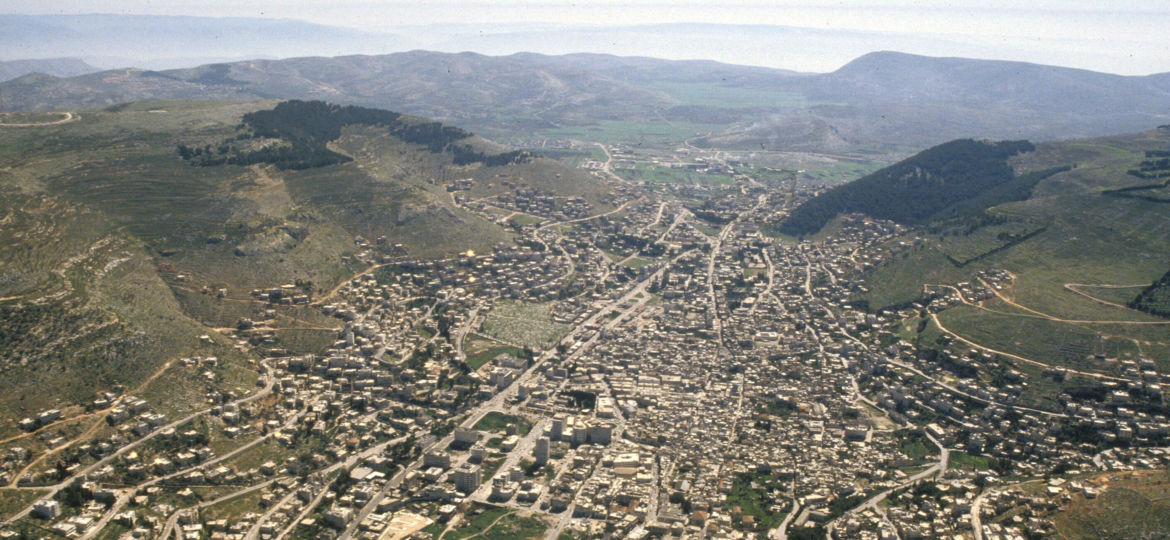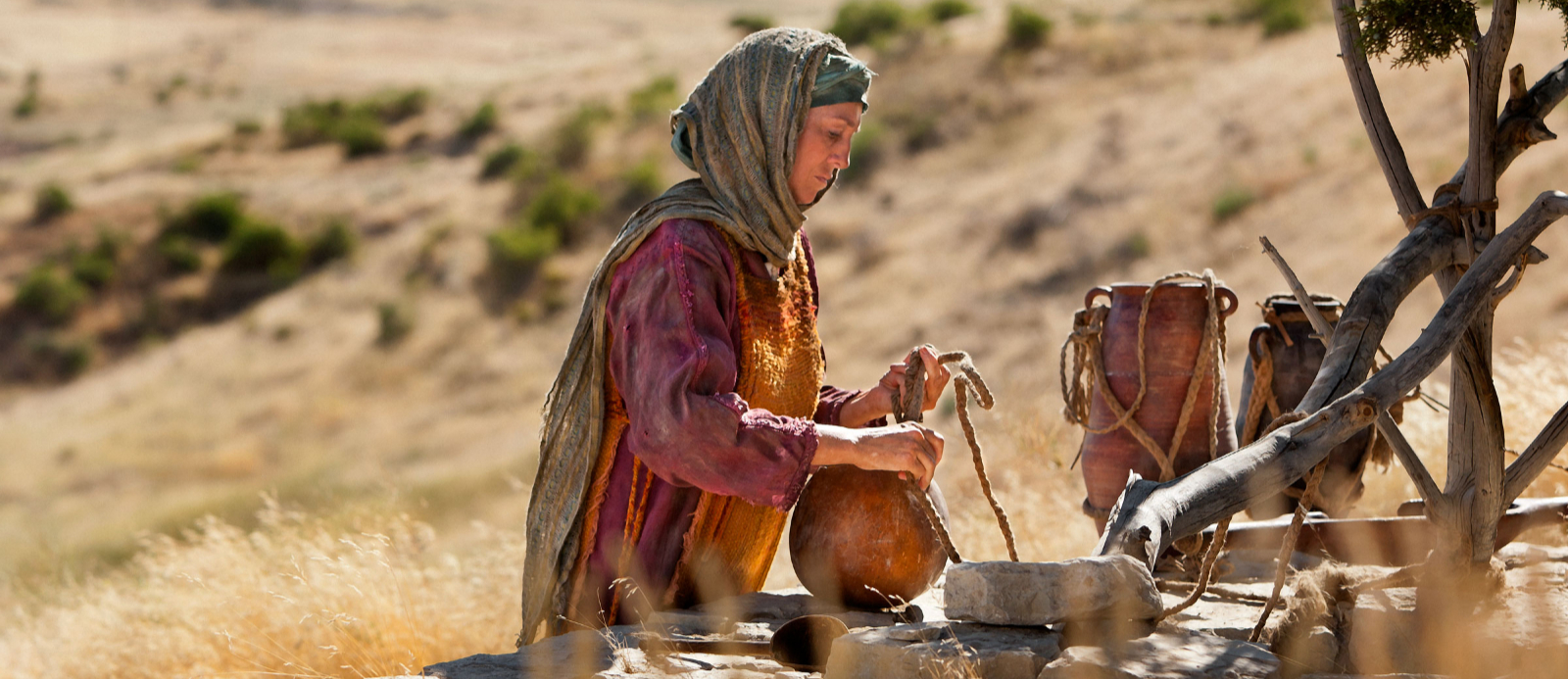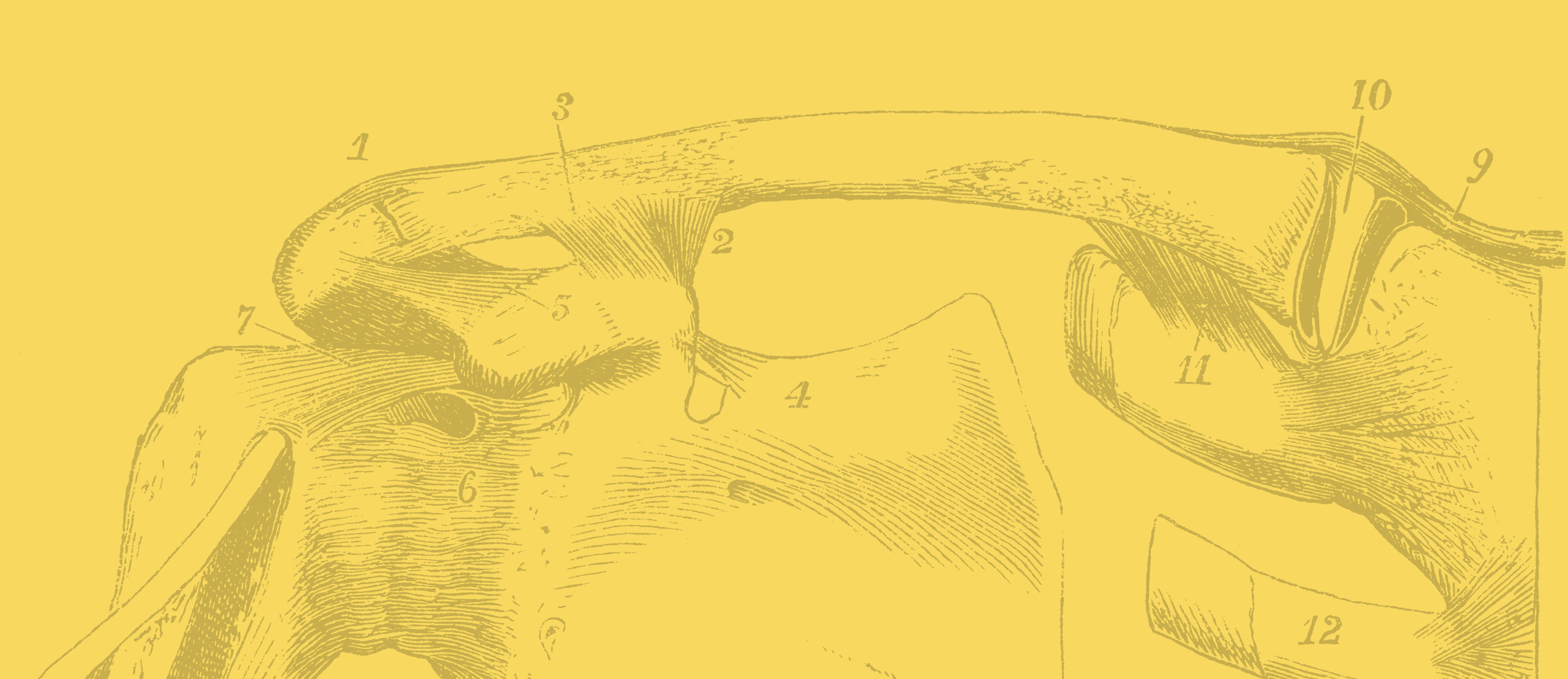
Shechem is a city in northern Israel located in a valley between Mount Ebal and Mount Gerazim. The geography of its location illustrates the meaning of its name – Shechem (שכם) in Hebrew means shoulder.
Shechem is the scene of a number of significant events that have occurred in the history of the nation of Israel. When examining these separate events we find that they have a similar theme.
This location is closely linked to law and government and one’s declaration of full allegiance to God as King.
Genesis 12:1-7
After faithfully following the call of God it was at Shechem that Abram saw the land God had promised to him for the first time (verse 6). Not only did Abram see the physical land but God also appeared to him (verse 7). Here Abram built an altar – an act of worship in which Abram declared his faith in God to fulfil the Divine promises that He had made.
Genesis 33:18-20
Jacob, on his journey back to Bethel, built an altar at Shechem where he declared El to be his God – recognising that God was the source of his protection, prosperity and blessing (Gen. 28:20-22).
Joshua 8:30-35
On first entering the Promised Land, Israel gathered at Shechem to renew the Covenant with God that had originally been made at Mount Sinai. Joshua wrote out a copy of the Law, and the tribes of Israel, six standing on Mount Gerazim and six standing on Mount Ebal, proclaimed the blessings of obedience and the curses of disobedience to the law.
Joshua 24
At the end of his life, Joshua gathered the people of Israel a second time at Shechem. He challenged the people to declare which God they would serve – the God who had been faithful and had delivered the land to them, or the gods of the Amorites who still dwelt in the land. Israel declared that they would serve and obey the Lord (Joshua 24:24).
As God’s Kingdom is manifested on the earth today we symbolically stand at Shechem now.
As in the time of Joshua the “gods of the Amorites” are still in the land. We see these gods appear when the “laws and ways of man” compete with the “Laws and Word of God” for our allegiance. Will we, like Abram/Abraham, Jacob/Israel and the children of Israel, recognise the faithfulness of God – that He, through our Saviour Yahshua, has delivered us and that through His strength the “gods of the Amorites” in our land today will be removed and we can take full possession?
As we symbolically stand at Shechem today will we answer Joshua’s challenge the same way as the nation of Israel did all those years ago… “The LORD our God we will serve, and his voice we will obey”, knowing that when we give our full allegiance to Him He will deliver and His Kingdom will be manifested?



